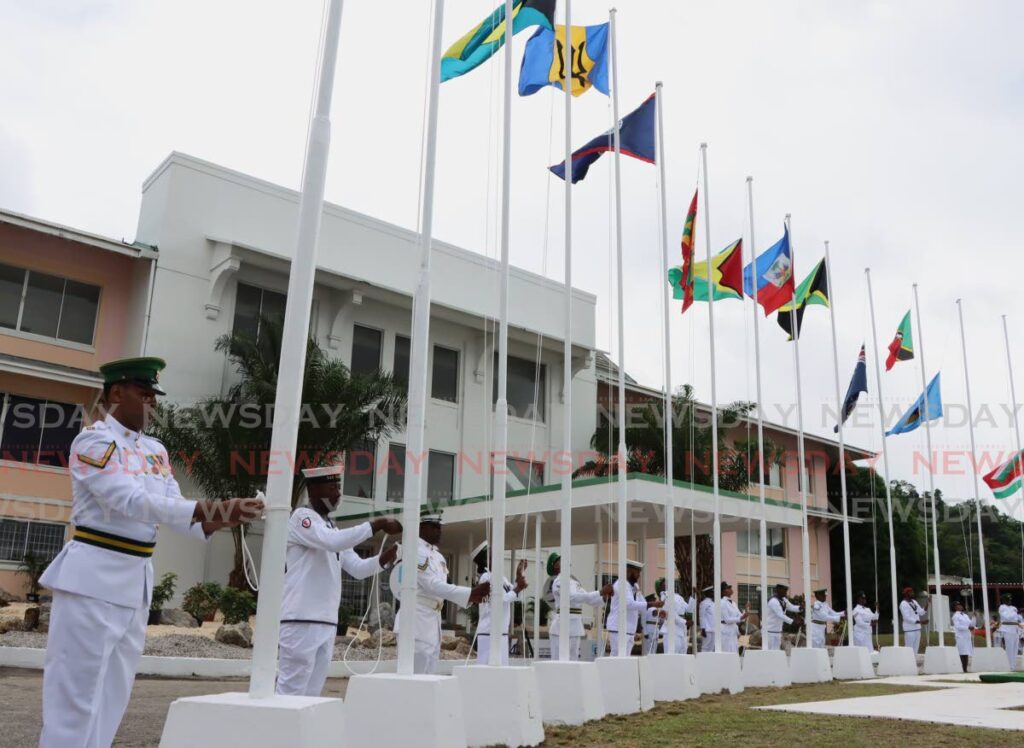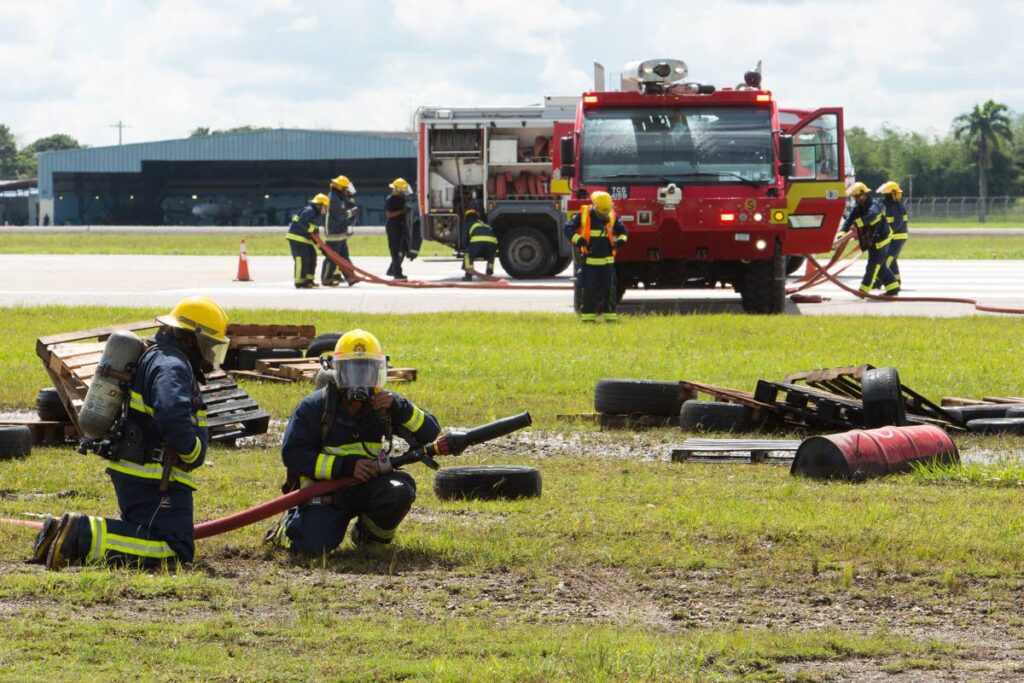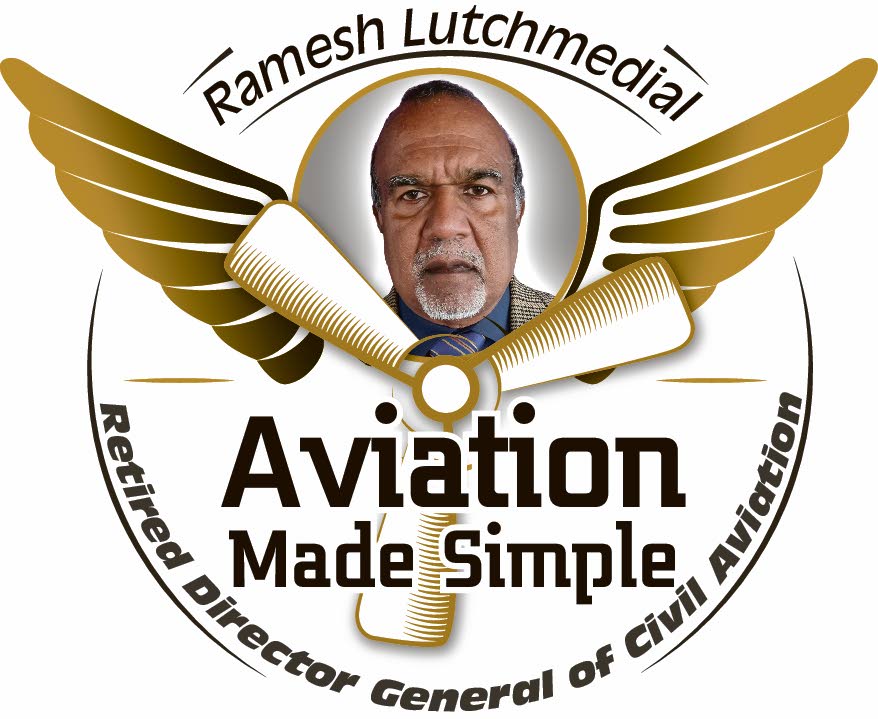Is Caricom aviation safety about to take backward step?

The Gleaner of Jamaica reported on July 9 that consultants Baastel Canada, working with LPD Hall & Associates (Baastel-LPD) recommended the restructuring or closure of Caribbean Aviation Safety and Security Oversight System (CASSOS), the aviation organ of Caricom.
This recommendation was contained in the consultant’s draft report, based on a Canadian-funded review of the operations and effectiveness of 16 Caricom institutions, including CASSOS and which, was seen by The Gleaner.
According to the consultants, “CASSOS has never been resourced by the MS (member states) to fulfil its mandate and is currently operating a skeleton staff of one person. CASSOS does not have the resources to effect its mandate.”
“No harm would come to the region if closed,” said Baastel-LPD, and its recommendation is for CASSOS training and auditing activities to be transferred to the original Association of Civil Aviation Authorities.
The consultants’ final report is due to be presented to Caricom leaders for approval by December.
From as early as 1999, Caricom states were struggling to establish their aviation safety oversight systems in accordance with the eight critical elements prescribed by the International Civil Aviation Organization (ICAO). Safety audits under the ICAO’s universal safety oversight audit programme (USOAP) identified deficiencies in primary legislation, regulations, competent technical staff and procedures for certifying and continuous surveillance of air operators, airmen, maintenance organisations and aviation training organizations.

A number of Caricom states were earlier assessed as Category 2 countries after similar deficiencies were identified by audits by the US Federal Aviation Administration (FAA) under its International Aviation Safety Assessment (IASA) programme. A Category 2 rating put restrictions on the national airlines of the countries, such as a freeze on the number of aircraft operated and route expansions into the US.
The root cause of these deficiencies was inadequate human and financial resources. This prompted the FAA to offer assistance to Caricom states to establish a regional aviation safety organization to share resources and promulgate harmonised laws and regulations based on the ICAO Annexes related to personnel licensing, airworthiness and aircraft operations.
This gave birth to the Regional Aviation Safety Oversight System (RASOS), under the auspices of the Association of Civil Aviation Authorities of the Caribbean (ACAAC).
True to its word, the FAA obtained funding under President Bush’s third border initiative, and for several years provided onsite technical assistance to Caricom states for establishing their safety oversight systems. The FAA also published a model primary law and model civil aviation regulations for use by states. As a result, Suriname, TT and the OECS States successfully implemented their safety oversight systems and were upgraded to FAA IASA Category 1 countries.
The successes of RASOS prompted the ICAO’s supreme body, the 35th assembly, in September 2004 to adopt resolution A35-7, directing the ICAO council to “promote the concept of regional or sub-regional safety oversight organisation.” to build regional safety oversight capabilities. All subsequent ICAO assemblies have reinforced this concept by resolutions.

In 2005, the ICAO expanded the USOAP to include all safety-related annexes of the Chicago Convention, including aviation security. As a result, the board of RASOS made representations to the Caricom Secretariat for the creation of a community aviation organ to comply with the goals and objectives of the aviation related provisions in Chapter 6 – Transportation of the Revised Treaty of Chaguaramas and the Chicago Convention and its Annexes.
In February 2009, after being approved by the Caricom heads of government, CASSOS was formally launched at the headquarters of the Caricom Secretariat in Guyana. CASSOS succeeded RASOS, with functions that were redefined and broader in scope and included all the annexes to the Convention on International Civil Aviation.
A memorandum of understanding (MOU) setting out CASSOS’s main objectives was developed and signed by the directors of Civil Aviation of Barbados, Belize, Guyana, Haiti, Jamaica, the Organization of Eastern Caribbean States, Suriname and TT.
A key objective of CASSOS is to facilitate and promote the development and harmonisation of uniform civil aviation regulations, standards, practices and procedures amongst its states parties consistent with the Chicago Convention and its annexes.
A major benefit of CASSOS is the cross-border use of aviation safety inspectors within Caricom. However, because of insularity, the longstanding goal of harmonised Caricom commercial pilot’s licences, aircraft maintenance engineer licences and aviation maintenance organisations remains elusive up to this day.
In crafting their draft recommendations, it is unclear whether the consultants tapped the institutional memories of any of the founding directors of the RASOS and CASSOS to appreciate the rationale and background for the formation of CASSOS. This writer, who was a founding director of both RASOS and CASSOS and in 16 years served as CASSOS vice chairman for four years and then as its chairman for another four years, was not consulted.
The consultants are correct in their conclusion that CASSOS is not achieving its mandate. This is mainly due a lack of commitment by most member states to its stated objectives. Therefore, the real solution is for the Caricom heads of governments to recognise the criticality of aviation safety and tangibly recommit to the primary objectives of CASSOS in order for Caricom aviation safety to sustainably remain cutting-edge.
The writer, as a very experienced international aviation safety specialist, finds the consultants’ recommendations on CASSOS puzzling. A review of their websites does not show their competencies in the regulation of international civil aviation safety.
Both the ICAO and the FAA expend tremendous resources to support the efforts of CASSOS and promote regional aviation-safety initiatives. There will be a lot of harm and hurt to the Caricom aviation industry by the shutdown of CASSOS or any restructuring of it in a manner that takes away from its core mandate. This would be a significant backward step for the Caricom aviation safety that could have serious repercussions from the wider international aviation community including the ICAO and the FAA.
Experience is the greatest teacher, and the recovery process will be very painful, expensive, difficult and long.

Comments
"Is Caricom aviation safety about to take backward step?"